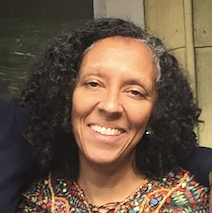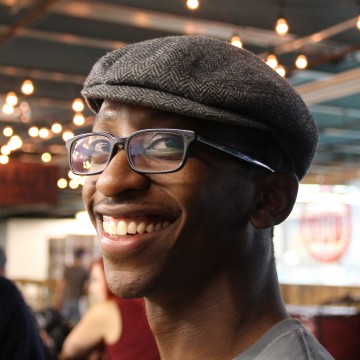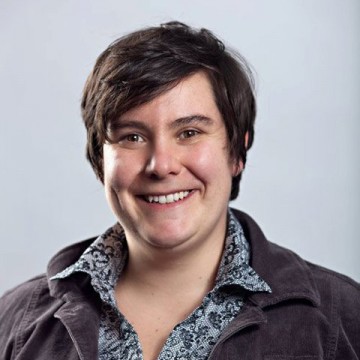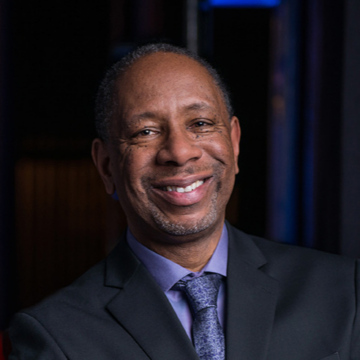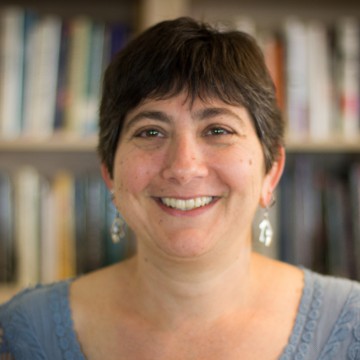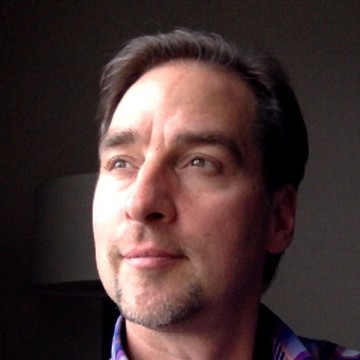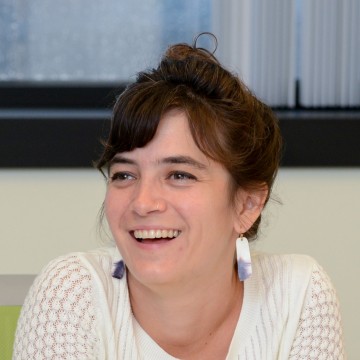Posted in LoveLiberates
May 26, 2016
Tonight, Cynthia Parker will present “Race Talk” at an intercultural dialogue co-hosted by Fire, Grace Chapel’s young adult ministry. Parker explores racism through key moments of personal and professional insight.
Thursday, May 26, 2016, 7:00 PM – 9:00 PM
Grace Chapel: 59 WORTHEN RD., LEXINGTON, MA US 02421
Courtyard Room, Main Building
“There are many useful guidelines for productive race talk,” Parker says, and many practical tips are included in the talk. Yet even with best practices, some moments of race talk do harm or feel unresolved. Parker shares her personal tips for connecting with her faith, and her faith in humanity, to continue moving forward with love.
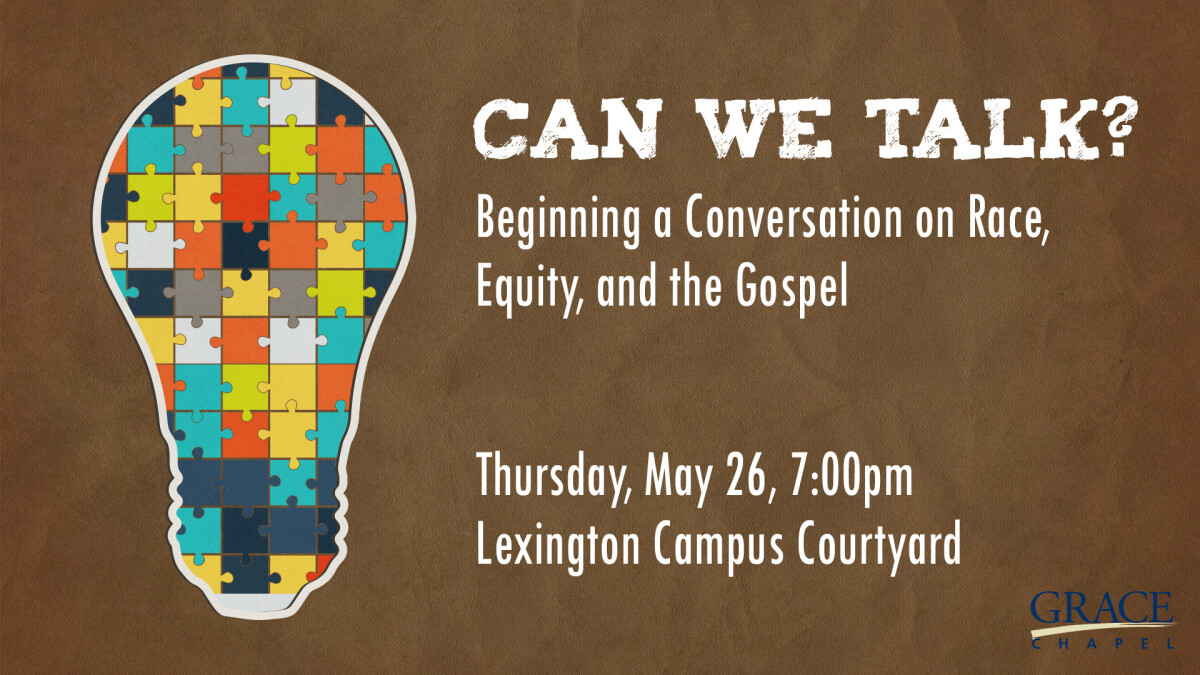
Read More
April 15, 2016
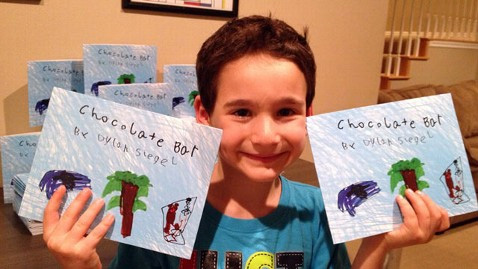
I almost wept as I listened to the story of Dylan Siegel. At age six, he learned that his friend Jonah Pournazarian had a rare, incurable, and fatal illness. He rejected mom’s ideas about a bake sale and decided to write a book, So Chocolate Bar, (his word for awesome) and raise a million dollars to support medical research. And he did it! Now at age nine, his efforts are funding research that just wouldn’t have happened otherwise. The disease affects so few people that there was no incentive for drug companies or researchers to pay attention. This little guy thought that was unfair and decided to do something about it. How would you change the world if the life of someone you loved depended on it? How far would you reach if the possibility of failing never crossed your mind?
Read More
April 12, 2016
Start a Conversation
Remixers and meme-makers, we have a tool for you. We are pleased to be partnered with Center for Story-based Strategy in the release of an illustration kit: the4thbox.com
Imagery is a huge factor in framing the terms of a conversation. This kit is meant to inspire imagery that provokes new interactions between people. We believe these interactions will help open up imagination towards the liberated, equitable society we want.
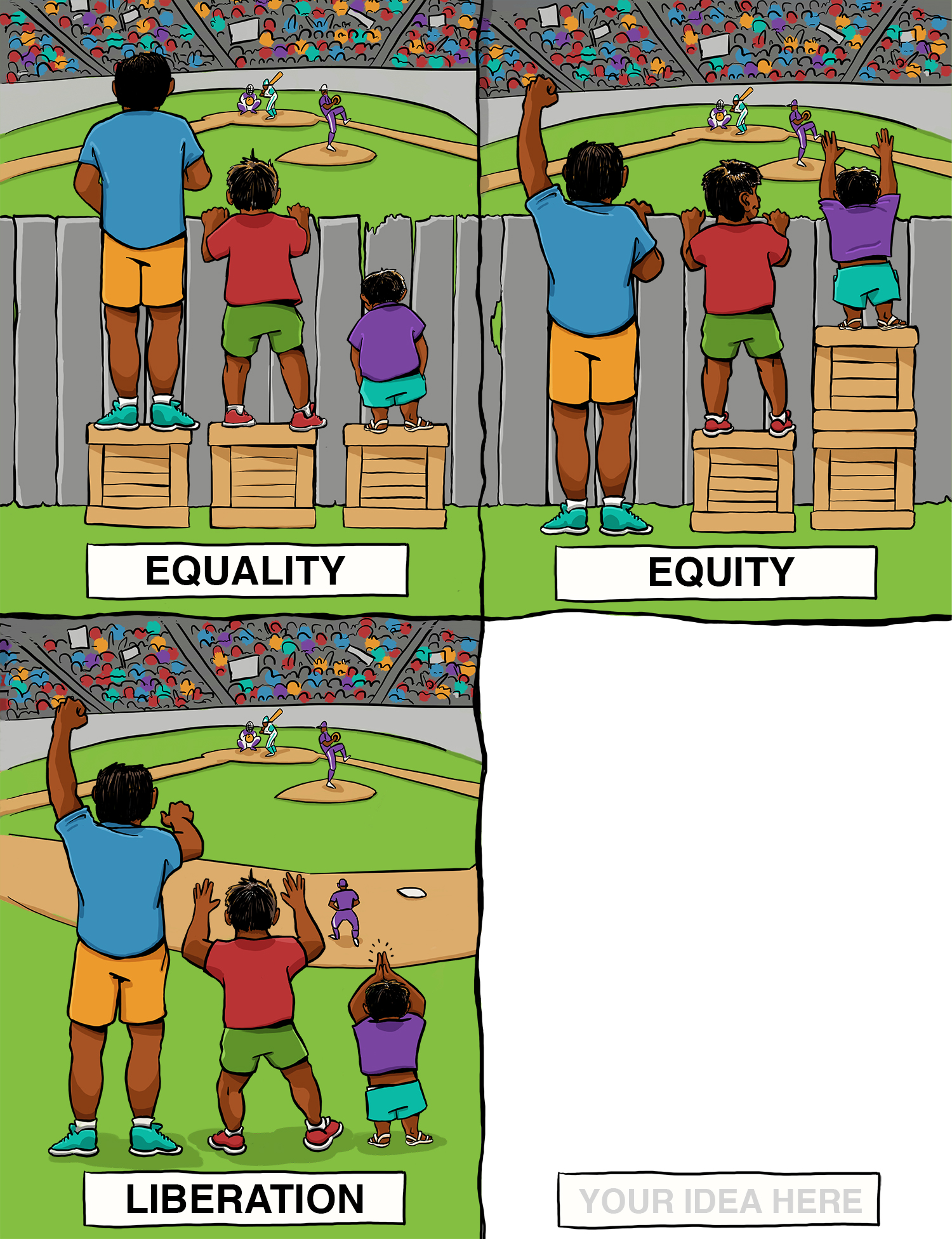
Artwork by Angus Maguire: http://beclouded.net/
Read More
December 10, 2014
“What’s most systemic is personal . . . and interpersonal.”
– rift on a Peter Senge quote
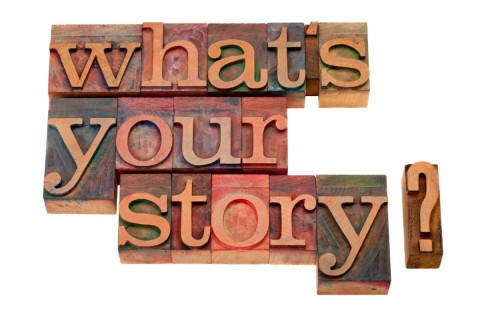
At IISC, one of the three core lenses that we bring to our collaborative capacity building for social change work is love as a force for social transformation. How this lens impacts what we do as practitioners depends on context, though often it comes down to ensuring that there is time for people in the collaborative change efforts we support to connect on a personal and interpersonal level. One way to do this is to invite people to share stories and do this beyond the parameters for their professionally defined roles. I did this recently with a group and as is often the case, there were a few areas of resistance in the collective body. “Why are we doing this?” asked someone with a hint of consternation. That became my opening. Here is what I offer as a response to discomfort around what some people call “touchy feely” exercises.
Why are we doing this?
- In general terms, to expand collective potential.
- To help each of us to be more fully seen and appreciated for who we are, beyond abstractions and implicit assumptions. When people do not feel seen or appreciated they can disengage, or “act out” to get the attention they want.
- To deepen connection, build trust and increase social velocity.
- To test and stretch the boundaries of “appropriate” and “legitimate” ways of knowing and being with one another. Otherwise people can default to ways that privilege those most comfortable with certain ways of being (often strictly professional and cerebral).
- To grow “positivity” – that is, to expand the overall collectively felt sense of positive emotions (which includes pride related to the demonstrated ability to have and hold difficult conversations). Positivity has been scientifically linked with greater physical and psychological capacity to see and take in more (of systems and one another).
I offer these, like a yoga teacher, with compassion for any expressed discomfort or tightness felt in different parts of the collective body. And the invitation is to breathe through this and to see what might be loosened up for the benefit of the whole. For another take on this, I highly recommend my friend Joe Hsueh’s piece “Why the Human Touch is Key to Unlocking Systems Change.”
Curious to hear your own experiences connecting what is most personal and interpersonal with systemic change.
July 29, 2014
Last year, in the aftermath of the Boston Marathon Bombing, I was facilitating a group of students and faculty at MIT reflecting on the impact and meaning of the bombing. The participants ranged from people who had been at the marathon site to those who witnessed it on TV. All experienced the lock down that occurred in Cambridge and felt the impact of the death of eight-year-old Martin William Richard, and many of them shared something deeper, the trauma of being an unwilling victim and sometimes perpetrator of planned, unexpected, unwarranted or thoughtless violence. From a former Israeli solider, who asked “do I kill these 4 men in my line of sight because of the threat they may pose?” to a woman who survived a brutal rape, the bombing made visible the deep trauma so many people live with from day to day.
But something remarkable happened that evening. As we sat in circle listening to each story a young veteran spoke up about his experience with violence in the streets of LA and the deserts of Iraq. He spoke with a deep passion that disrupted the quiet reflection of the group. “We can’t just sit around and talk about this. If things are going to change we have to shift something fundamental in ourselves in order to stop the massive violence in our world.” He continued, “For me it is the following commitment I have made to myself and that I tell each person I am engaged with I Will Not Harm Your Children.” Then he stopped.

Read More
July 16, 2014
I have never observed the Fast of the 17th of Tamuz. Yesterday, I did. I fasted in solidarity with others who were making a stand with our bodies for peace and in mourning lives lost in Palestine/Israel. At a time of horrific violence and avowed enmity between so many Muslims and Jews, it was a comfort to be fasting together, during Ramadan.
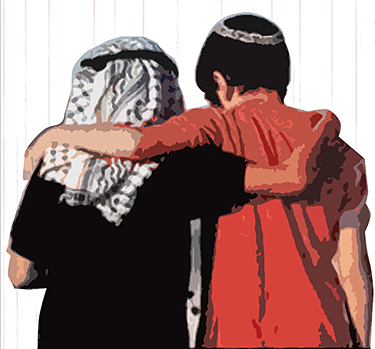
Read More
July 8, 2014
I met Juan Pacheco of Barrios Unidos recently at a gathering focused on creating an affirming narrative about boys and young men of color. He shared his own personal story—a journey from El Salvador to the U.S., from a supportive family to a gang as a substitute for family. He shares the power of love to transform violence and to liberate young people from despair, pain, and confinement within a prism of societal and self-perceptions of failure. Here are just a few of his many inspiring thoughts, quoted from two talks that you can listen to on line.
Read More
July 8, 2014
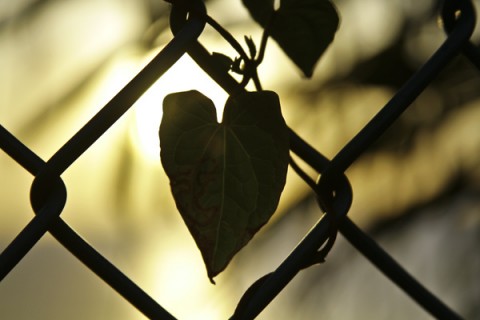
Photo by Leland Francisco
Over the past 8 years at IISC I have seen and experienced some interesting progressions. When I first joined the organization, in our Facilitative Leadership trainings, we talked about the “interior condition” of effective collaborative leaders. At the core we mentioned that these leaders and change agents embraced an ethic of “service, authenticity and respect.” Then we made the bold move of changing “respect,” which came across to many as a bit weak, to LOVE. For the first couple of years after making this switch, when I asked “What’s love got to do with it?” with respect to effective leadership and work for social change, there were often uncomfortable silences. Some participants would ultimately want to reframe love as “respect” or “passion.”
Then in 2009 I started noticing a change. More heads nodded in rooms when I mentioned the “L-word.” Less nervous laughter and shifting in seats. In one particularly striking instance, during a training with health care professionals in Maine, a senior and very respected physician responded,
“What’s love got to do with it? Everything! Beyond my technical skills, I am effective in so far as I am able to really see my patients, students, and colleagues, to make them feel seen for who they are.”
Read More
June 30, 2014
Dr. Martin Luther King, Jr. is what the Community Healing Network (CHN), chaired by the late Dr. Maya Angelou, calls a “psychological freedom fighter.” The clip of Dr. King posted here is a portion of his 1967 speech, “Where do we go from here,” which is well worth reading or listening to in full.
The CHN describes the straightforward and deeply challenging struggle of black people (and I think it’s fair to say all people of color in some way) for psychological freedom from racism. Read More
June 27, 2014
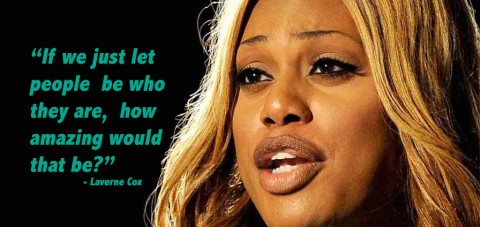
Transgender women of color are finally making a (positive) splash in the mainstream media. Janet Mock, a writer, has been getting accolades for her new memoir, Redefining Realness: My Path to Womanhood, Identity, Love and So Much More; Laverne Cox, an actress in Orange is the New Black, was recently on the cover of Time magazine; and CeCe McDonald is increasingly being recognized as a trans activist leader.
On June 5, 2011 in Minneapolis, CeCe McDonald and her friends were passing a bar on the way to a grocery store when they were accosted with homophobic, transphobic, and racist slurs. CeCe defended herself with a pair of fabric scissors in her bag. She was accused of murder even though she acted in self-defense, jailed for defending herself against bigotry and violence that transgender people often face. The judge rejected considerations of how gender, sexual orientation, race, and class played into the situation; statistics that trans people are more at risk for hate violence; the swastika tattoo on the attacker’s chest and his three previous convictions for assault; as well as the meth, cocaine, and alcohol present in the attacker’s system.
In this Democracy Now! clip from February 19, 2014, CeCe (after her release from prison) and Laverne talk about why black trans bodies matter. It is a must watch for anyone who cares about human beings and wants to better understand what is at stake in the movement for trans liberation. As a cisgender (in other words, non-trans) queer white woman, I am inspired and humbled by these two fierce trans women’s words.
“I know what is like to always have this guard up because you don’t know when somebody will literally try to kill you for just being who you want to be…. I’ve yet to hear of a trans woman who has just lived her life happily….” CeCe McDonald
Why do we insist that there are ok expressions and not ok expressions of masculinity and femininity?
When will we stop policing people’s gender expressions?
When will we start allowing ourselves to see people who challenge mainstream notions of gender not as freaks who are offensive or dangerous, but as beautiful people with unique gender wisdom?
Many trans people are warriors on the front lines, fighting for liberation from restrictive and false gender norms. When will we wake up and see that this fight is one that all of us, people of all gender identities, will benefit from?
Laverne calls us to the future we can all be a part of creating if we choose to:
“How do we create spaces in our culture where we don’t stigmatize trans identity, where we create spaces of gender self-determination? It is so often acceptable to make fun of trans people, to ridicule trans people. When we look at the epidemic of violence against trans people so many people think that our identities are inherently deceptive, inherently suspect, and that we should be criminalized because of that. In Arizona they were trying to criminalize going to the bathroom last year. How do we begin to create spaces where we accept trans people on trans people’s own terms and let trans people lead the discussions of who we are and what the discussion about what our lives should be?” Laverne Cox
Keep an eye out for the release of the documentary, FREE CeCe, to learn more about CeCe’s story and the culture of violence experienced by trans women of color.
June 23, 2014
Check out the ways that love of her many identities frees up spoken word artist Jamila Lyiscott to be her full self. She reminds us that a full, loving embrace of yourself and your cultures enables others to see you more fully and embrace all of your cultures, while it makes space for others to do the same for themselves. That’s change making at a personal level that can radiate outward to the entire community. Read More
June 20, 2014
The settlement of the case of the Central Park 5 is a great day for the five individuals, add a great day for the cause of racial justice. The case of Antron McCray, Raymond Santana Jr., Kevin Richardson, Yusef Salaam and Kharey Wise is a textbook case of structural racism: implicit bias, coupled with strong-arm institutional police practices used against young men of color, and a media too eager to believe the hype, leading to the conviction of five innocent young black men for a horrendous crime. The documentary about these young men, by Ken Burns, captures the intense impact of the wrongful accusation and imprisonment on the lives of the five young men and their families. Read More
